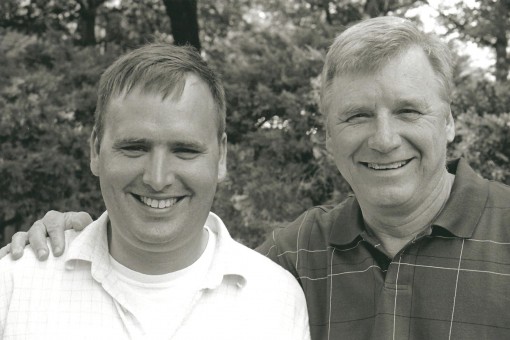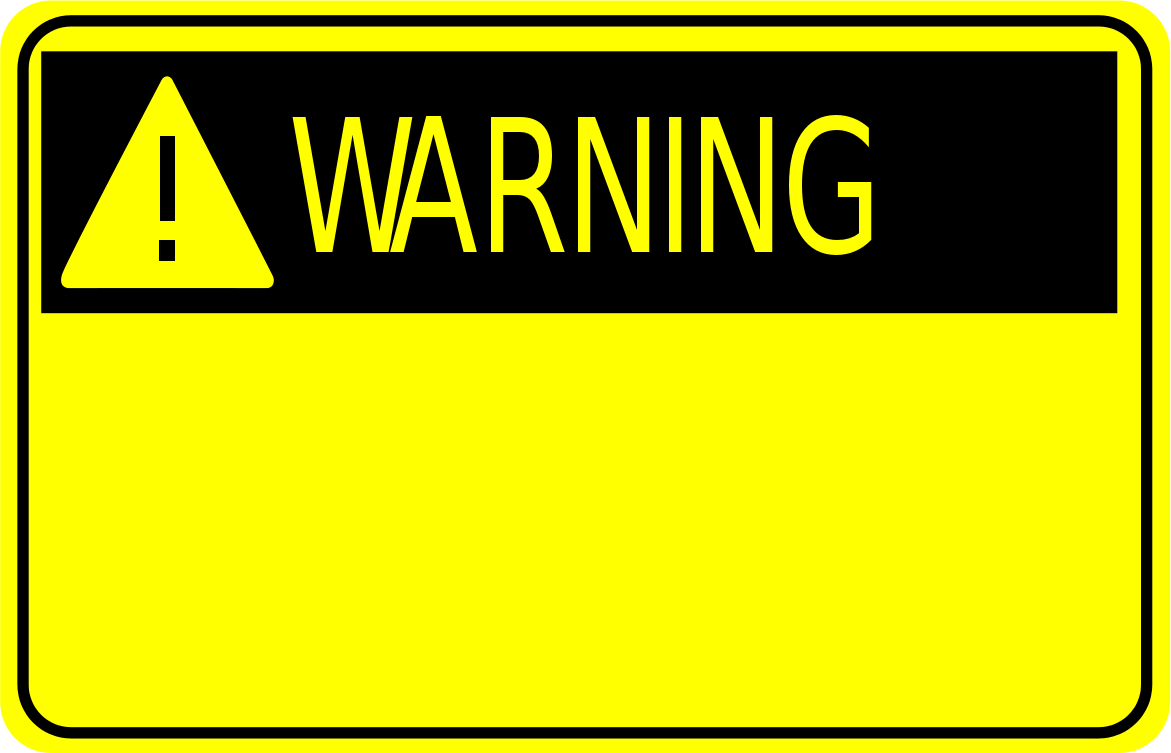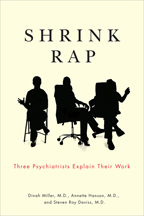
The featured speaker at the awards dinner at our local chapter of the National Alliance on Mental Illness was listed in the program under the name: EARLEY. But it was not me.
It was my son, the person whom many of you have come to know from my book: Crazy: A Father’s Search Through America’s Mental Health Madness, by the name MIKE. The NAMI meeting was the first time that he has ever spoken in public and he got a much deserved standing ovation after he’d described his journey to recovery.
I am tremendously proud of him. Like so many others, our family has been through a roller coaster of events and emotions since 2001 when my son was first diagnosed with a severe mental illness. He’s been arrested and shot with a taser. There have been court hearings, four major breakdowns, repeated hospital stays, hours of therapy, angry words — so many angry words — even feelings of hopelessness and despair.
But for the past three years, he has been doing fantastic! He has been able to manage the symptoms of his illness. He is in RECOVERY and he is one of my heroes!
There are many reasons for his recovery, but he deserves the most credit. He has worked hard to get better. Fortunately, he had the expert guidance of a tremendous case manager. My son found a medication that helped him. And he had access to other crucial services that he needed!
I am blessed. I am telling you this to give you HOPE for your loved one. People do get better! But why am I telling his story, when his own words can tell it better than me?
Here are excerpts from his speech. When you read them, you will understand why I am proud and fortunate to have such a wonderful son. I know many of you are struggling. Don’t give up. There were times when I didn’t think we would get where we are today.




 Mental Health America asked me to moderate a thought-provoking panel that featured four nationally-known activists during its annual convention in Washington D.C.
Mental Health America asked me to moderate a thought-provoking panel that featured four nationally-known activists during its annual convention in Washington D.C.

